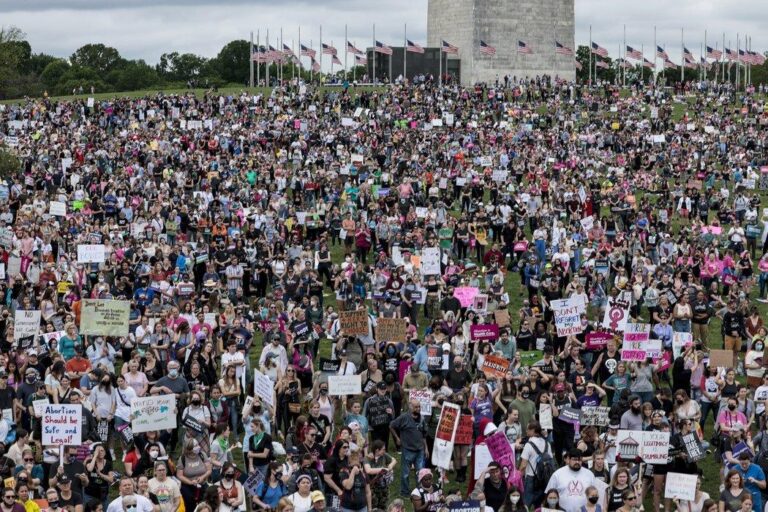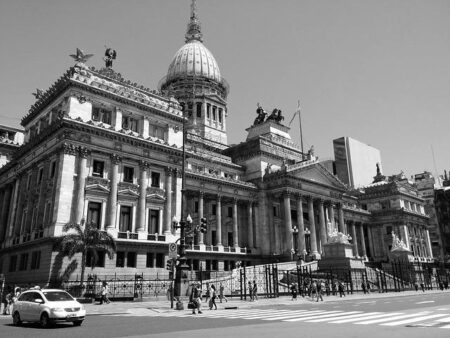Spain, Italy, and Portugal are preparing for large-scale demonstrations as public outrage mounts over Israel’s ongoing military operations in Gaza. Across major cities in these Southern European nations, organizers are mobilizing thousands of protesters to demand an immediate end to the violence and call for renewed diplomatic efforts. The anticipated mass rallies reflect growing regional concern over the humanitarian crisis and the broader geopolitical implications of the conflict. Authorities in all three countries are coordinating to manage the protests while balancing security and the right to peaceful assembly.
Spain Italy and Portugal Prepare for Large-Scale Demonstrations Over Gaza Conflict
Major cities across Spain, Italy, and Portugal are mobilizing in anticipation of large-scale demonstrations slated for this weekend. Activist groups and civil society organizations have called for peaceful protests to condemn the ongoing conflict in Gaza, urging governments to take a more proactive stance in seeking humanitarian solutions. From Madrid to Rome and Lisbon, public squares and streets are expected to fill with citizens demanding an end to violence and greater international intervention.
Organizers have emphasized the need for unity and have outlined key demands that protesters plan to highlight:
- Immediate ceasefire and halt to military operations in Gaza
- Humanitarian aid corridors to be established
- Diplomatic efforts to promote lasting peace talks
- Accountability for civilian casualties
| City | Expected Protest Attendance | Main Organizers |
|---|---|---|
| Madrid | 25,000+ | Coalition for Peace |
| Rome | 30,000+ | Italia Solidale |
| Lisbon | 15,000+ | Voices for Gaza |
Analyzing the Political and Social Impact of Protests Across Southern Europe
The escalating conflict in Gaza has ignited a wave of demonstrations throughout Southern Europe, with Spain, Italy, and Portugal witnessing unprecedented mobilizations demanding an end to violence. These protests are not only reshaping public discourse on foreign policy but also exposing underlying social fractures within these countries. Civil society groups, human rights organizations, and youth movements have taken center stage, using mass gatherings as platforms to challenge governmental stances and advocate for humanitarian intervention. Governments face increasing pressure to recalibrate their diplomatic approaches, balancing international alliances with mounting domestic calls for peace and justice.
Beyond diplomatic ramifications, the protests are revealing new dynamics in social cohesion and political engagement, particularly among younger generations. Key themes emerging from the demonstrations include:
- Cross-border solidarity: Collective action transcending national boundaries, reflecting a unified regional response.
- Shift in political alliances: Marginal parties leverage the unrest to amplify anti-war and pro-human rights platforms.
- Media influence: Social networks and independent journalism shaping narratives and mobilizing participants rapidly.
| Country | Estimated Protesters | Main Organizers | Government Reaction |
|---|---|---|---|
| Spain | 80,000+ | Peace Coalitions & Student Unions | Calls for dialogue; increased police presence |
| Italy | 50,000+ | Human Rights NGOs & Left-Wing Parties | Parliament debates foreign policy impact |
| Portugal | 20,000+ | Trade Unions & Pro-Democracy Groups | Government issues cautionary statements |
Strategies for Ensuring Public Safety and Effective Crowd Management During Mass Rallies
Authorities across Spain, Italy, and Portugal are deploying multifaceted approaches to maintain order during upcoming mass demonstrations. Central to their strategy is the establishment of designated protest zones that facilitate controlled movement while minimizing disruptions to daily life. Real-time communication channels between police forces and event organizers play a critical role in swiftly addressing potential flashpoints. Enhanced surveillance technologies, such as drones and CCTV cameras, are being utilized to monitor crowd density and detect early signs of unrest, enabling preemptive measures to ensure participant safety.
In addition to technological oversight, law enforcement agencies are focusing on transparent engagement with protesters to build trust and reduce tensions. Key components of this approach include:
- Deployment of trained crowd managers adept at nonviolent conflict resolution
- Clear signage and public announcements to guide movement and provide emergency instructions
- Medical aid stations strategically located to address health emergencies promptly
- Coordination with local transportation services to manage influx and dispersal efficiently
| Country | Primary Safety Measure | Estimated Crowd Size |
|---|---|---|
| Spain | Drone Surveillance | 50,000+ |
| Italy | Designated Zones & Crowd Managers | 40,000+ |
| Portugal | Medical Stations & Communication | 30,000+ |
Wrapping Up
As Spain, Italy, and Portugal prepare for widespread demonstrations opposing Israel’s military actions in Gaza, authorities across Southern Europe are closely monitoring the situation to maintain public order. The forthcoming protests underscore the deep regional concern over the ongoing conflict and reflect a broader call for renewed diplomatic efforts in the Middle East. Further developments will be reported as the demonstrations unfold and governments respond to the growing public outcry.




